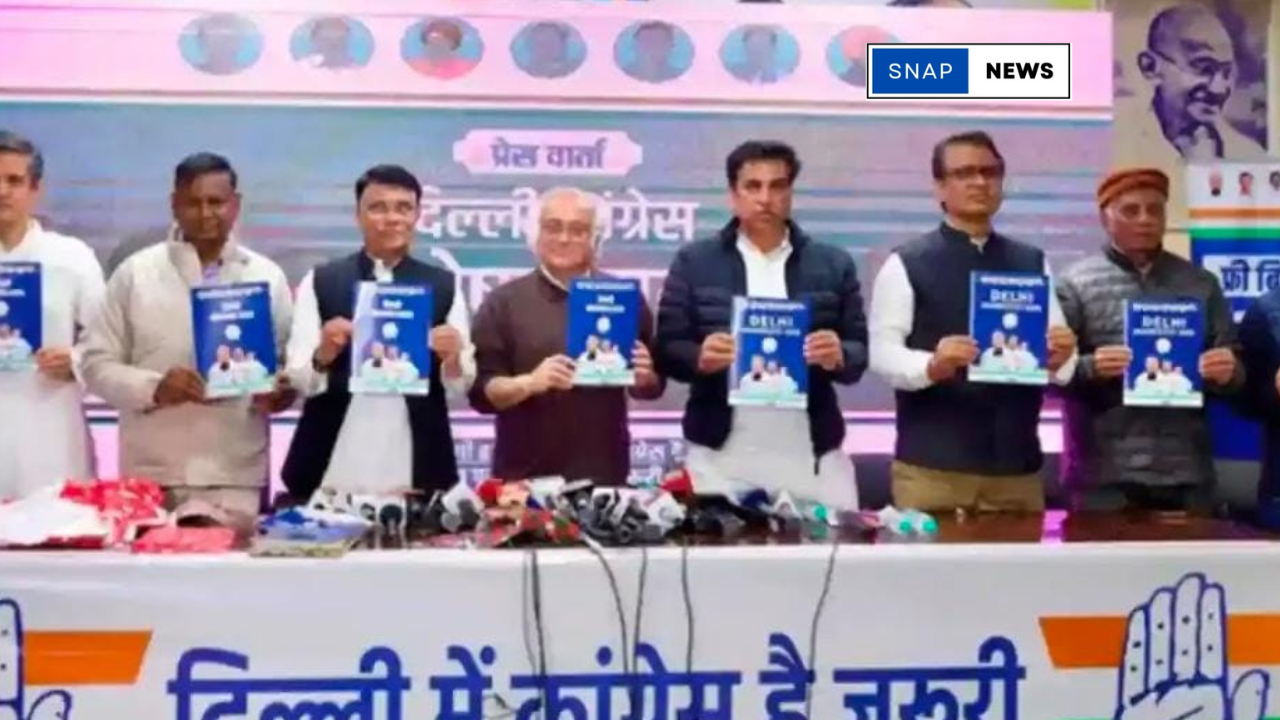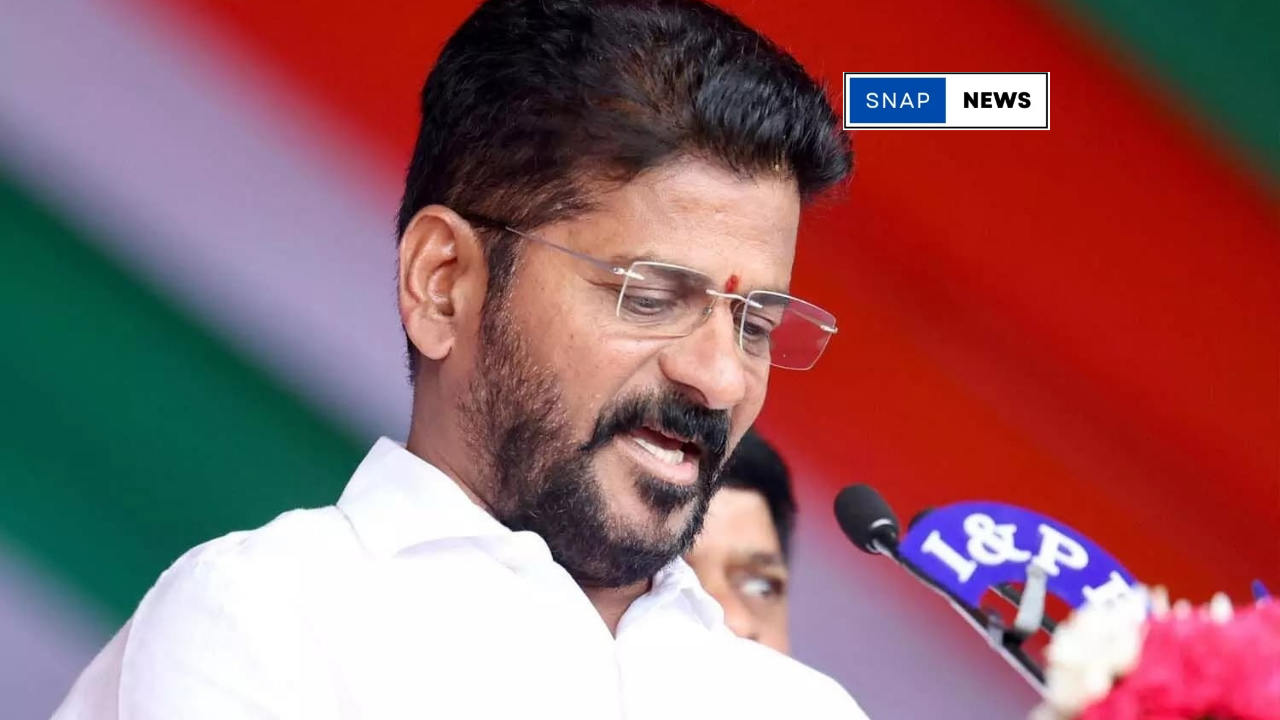Keir Starmer Becomes UK PM as Conservatives Suffer Record Defeat in Labour Landslide
LONDON.05.07.2024: In a dramatic change election, Keir Starmer has become the United Kingdom’s Prime Minister after the centre-left Labour Party secured a historic landslide victory. This seismic shift ends the 14-year rule of the Conservative Party, which suffered its worst defeat in history.
Historic Win for Keir Starmer
Voters delivered a crushing blow to the Conservative Party, which led Britain through Brexit. With almost all results called, Labour has won over 400 seats, achieving a majority of more than 190. This victory mirrors Tony Blair’s sweeping win in 1997. Meanwhile, the Tories have lost hundreds of seats, marking their worst result since the party’s founding in the 1830s.
Keir Starmer officially became Prime Minister on Friday morning after Rishi Sunak resigned in front of King Charles III. Starmer then met the King and was granted permission to form a government. This makes Starmer the first Labour leader to win an election since Tony Blair.
Labour’s Centrist Triumph
This result is notable for centrist progressives amid the far-right populist surge in the U.S. and other major Western countries. British voters overwhelmingly chose to oust the Tories, attributing their frustration to the deteriorating state of public services and years of political chaos following Brexit.
Since becoming Labour leader in 2019, Starmer has moved the party back to the centre ground, distancing it from the influence of Bernie Sanders-like left-wing former leader Jeremy Corbyn. Starmer campaigned on a platform to “end the chaos” and rejuvenate Britain’s services and infrastructure. He also promised to avoid culture war debates, including Brexit, asserting that the U.K. will not rejoin the EU in his lifetime.
Conservatives Face ‘Electoral Apocalypse
The Conservative Party is now grappling with what one of its leading figures termed an “electoral apocalypse.” Many prominent party members lost their seats, including several cabinet ministers and former Prime Minister Liz Truss. Leading Brexiteer Jacob Rees-Mogg was also unceremoniously ousted. Outgoing Prime Minister Rishi Sunak managed to hold his seat but led a weak campaign after calling the snap election six weeks ago, making numerous gaffes along the way. Sunak, the fifth consecutive Conservative Prime Minister since 2016, lasted just 18 months in office.
Challenges Ahead for Labour
Labour now faces significant challenges in governing the country. The Conservatives’ massive defeat was partly due to the rise of a far-right anti-immigrant populist party, Reform, led by Nigel Farage, who finally secured a parliamentary seat, siphoning off substantial Tory support.
Despite their enormous majority, Labour won a record-low proportion of the total popular vote, only around 35%. This indicates that while there was a strong desire for change, there is limited overall enthusiasm for Starmer.
Starmer acknowledges the daunting task ahead, stating throughout the campaign and following his victory that improvements will be slow and challenging initially. He has pledged to cut short Parliament’s summer recess to start working on his agenda, with immediate focus on issues like housing and the urgent crisis of overcrowding in prisons.
While the promises may be modest, reflecting Britain’s difficult economic outlook and state finances, Starmer’s victory represents a significant shift in the U.K.’s political landscape, moving away from the rising right-wing populism seen across Europe.














